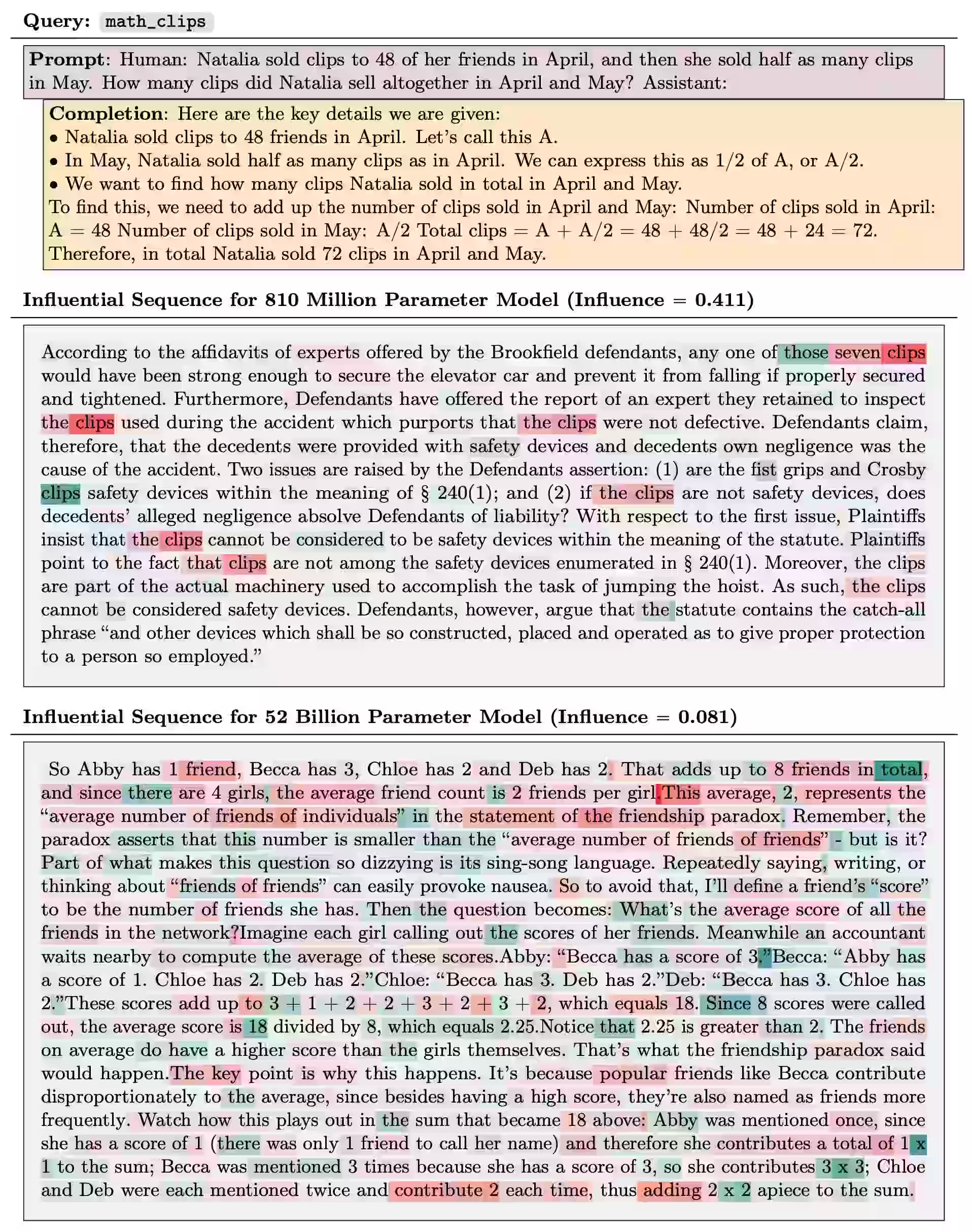Morality and computational constraints
It is as if we knew what we were doing
October 2, 2023 — March 20, 2024
economics
mind
sociology
Notes on computational efficiency of morality.
- Joscha Bach, From elementary computation to ethics? (Hear also his interview)
- APXHARD, Ethical Systems as Computational Optimizations
- https://podcast.clearerthinking.org/episode/177/jeffery-martin-experiments-for-enlightenment-and-fundamental-wellbeing/
- Karl Friston is implicitly involved via his predictive coding
- Junior Okoroafor | Computational Morality
- Grosse et al. (2023) is a magisterial study of LLMs which looks at how they reason from examples. Why I think this is significant TBD.
Professor Javen Qinfeng Shi says:
Mind is a choice maker. Choices shape the mind
- Q learning: do what a good/kind person would do (moment to moment), learn wisdom (V function) and have faith in future and self-growth. It naturally leads to optimal long term accumulative rewards (Bellman equation)
- Policy gradient: learn from past successes (to repeat or mimic) and mistakes (to avoid). Require complete episodes to reveal the end accumulative reward per episode
This is the first time I have heard of policy gradient as utilitarianism versus Q learning as virtue ethics.
1 References
Awad, Levine, Anderson, et al. 2022. “Computational Ethics.” Trends in Cognitive Sciences.
Bak, Choi, Akrami, et al. 2016. “Adaptive Optimal Training of Animal Behavior.” In Proceedings of the 30th International Conference on Neural Information Processing Systems. NIPS’16.
Bello, and Malle. 2023. “Computational Approaches to Morality.” In The Cambridge Handbook of Computational Cognitive Sciences. Cambridge Handbooks in Psychology.
Crook, Nugent, Rolf, et al. 2021. “Computing Morality: Synthetic Ethical Decision Making and Behaviour.” Cognitive Computation and Systems.
DeYoung. 2013. “The Neuromodulator of Exploration: A Unifying Theory of the Role of Dopamine in Personality.” Frontiers in Human Neuroscience.
Dezfouli, Griffiths, Ramos, et al. 2019. “Models That Learn How Humans Learn: The Case of Decision-Making and Its Disorders.” PLOS Computational Biology.
Dezfouli, Nock, and Dayan. 2020. “Adversarial Vulnerabilities of Human Decision-Making.” Proceedings of the National Academy of Sciences.
Edelmann. 2022. “Values, Preferences, Meaningful Choice.”
Garrido-Merchán, and Lumbreras-Sancho. 2023. “From Computational Ethics to Morality: How Decision-Making Algorithms Can Help Us Understand the Emergence of Moral Principles, the Existence of an Optimal Behaviour and Our Ability to Discover It.”
Grosse, Bae, Anil, et al. 2023. “Studying Large Language Model Generalization with Influence Functions.”
Lee, Leibo, An, et al. 2022. “Importance of prefrontal meta control in human-like reinforcement learning.” Frontiers in Computational Neuroscience.
Peterson, Bourgin, Agrawal, et al. 2021. “Using Large-Scale Experiments and Machine Learning to Discover Theories of Human Decision-Making.” Science.
Robertazzi, Vissani, Schillaci, et al. 2022. “Brain-Inspired Meta-Reinforcement Learning Cognitive Control in Conflictual Inhibition Decision-Making Task for Artificial Agents.” Neural Networks.
Stenseke. 2023. “On the Computational Complexity of Ethics: Moral Tractability for Minds and Machines.”
Todorovski. 2023. “Introduction to Computational Ethics.” In Artificial Intelligence, Social Harms and Human Rights.
Wang, Kurth-Nelson, Kumaran, et al. 2018. “Prefrontal cortex as a meta-reinforcement learning system.” Nature Neuroscience.

